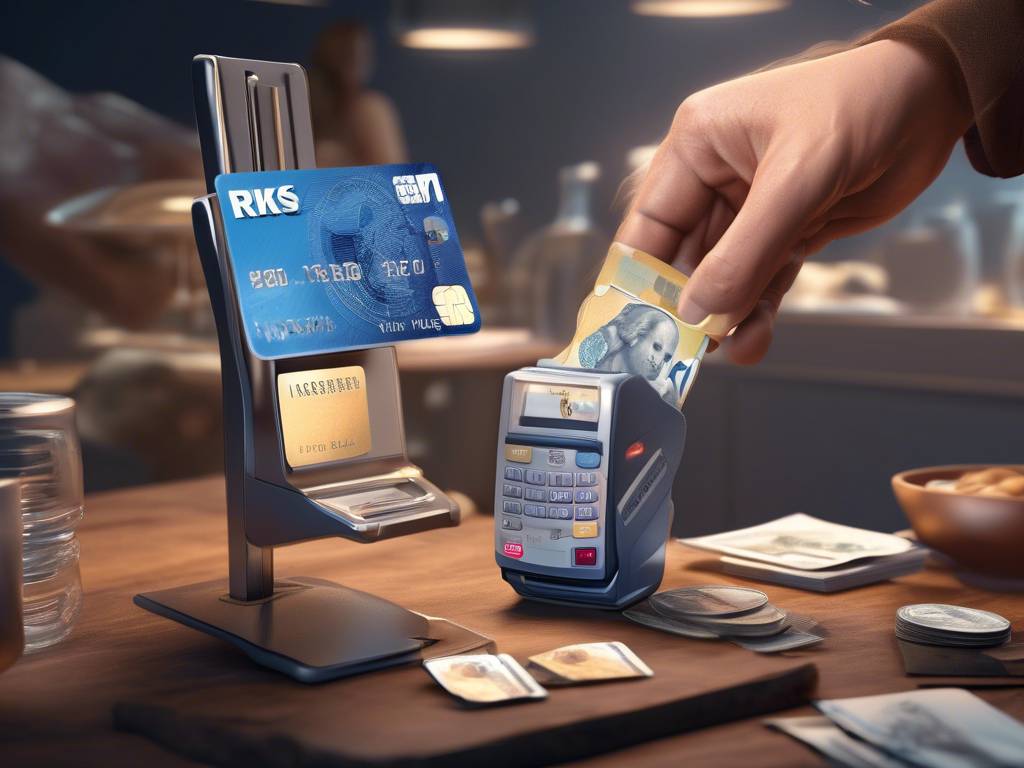Sweden’s Riksbank Concludes e-Krona Pilot, Highlights Offline Payment Technologies
In its effort to digitize the national currency, Sweden’s central bank, Riksbank, has completed its e-Krona pilot project. The project’s focus was on exploring offline functionality and its potential to enhance the user experience. The findings of this pilot represent a crucial step towards modernizing the financial system and addressing a key aspect of digital currency – the ability to transact without an internet connection.
Exploring Offline Transactions with e-Krona
The Riksbank’s e-Krona pilot project aimed to evaluate the feasibility and practicality of a central bank digital currency (CBDC). As part of this exploration, the project examined the potential for offline transactions. To enable offline payments, the concept of a “shadow wallet” was introduced. This wallet would allow users to store a certain amount of e-Krona on a payment card or mobile application, enabling transactions even in situations where internet connectivity is unavailable.
- The “shadow wallet” maintains a copy of the user’s balance for offline transactions.
- This solution addresses concerns regarding accessibility during network failures or in remote areas with unreliable internet service.
Offline Functionality Challenges
While offline functionality offers convenience and redundancy in the payment system, it also presents challenges related to security and fraud prevention. The Riksbank’s report highlighted mixed results in this regard, indicating that although technology exists to facilitate offline transactions, further work is required to ensure robust security measures.
Relevance for CBDC Development
The findings from the e-Krona pilot project hold significant relevance as countries worldwide consider central bank digital currencies (CBDCs) as a means to simplify and secure digital transactions. Sweden, being one of the most cashless societies globally, aligns naturally with this progressive approach to financial technology. The Riksbank’s exploration of offline transaction capability reflects a broader trend as central banks globally analyze the implications and logistics of introducing digital currencies.
Key Considerations for Riksbank
As the Riksbank continues refining the e-Krona’s functionality, several key considerations need to be addressed:
- Scalability: The system must be capable of handling large-scale transactions efficiently.
- Interoperability: The e-Krona should seamlessly integrate with existing payment systems to ensure smooth transitions for users.
- User Privacy: Privacy concerns must be carefully addressed to protect user data and maintain trust in the digital currency.
The Evolution of Money in the Digital Age
The digital krona project represents a significant milestone in the ongoing evolution of money in the digital age. The Riksbank’s commitment to developing a CBDC that meets citizens’ needs while ensuring high levels of security and efficiency drives their research and development efforts. As Sweden moves closer to potentially issuing a CBDC, the world eagerly watches how these innovations may reshape the banking and commerce landscape.
International Interest in Sweden’s Digital Currency Experiments
The international financial community closely monitors the outcomes and insights gained from Sweden’s digital currency experiments. The success of the e-Krona could serve as a blueprint for other nations considering their own CBDC implementations. This marks a significant shift in our understanding and utilization of money in an increasingly interconnected world.
Hot Take: A Glimpse into Offline Payment Technologies
The completion of Sweden’s e-Krona pilot project sheds light on the potential of offline payment technologies in the digital currency space. The exploration of “shadow wallets” and offline functionality addresses concerns related to accessibility and offers redundancy in the payment system. While challenges remain, this progress marks an important step towards a future where digital currencies can be used seamlessly, even without an internet connection.





 By
By
 By
By

 By
By
